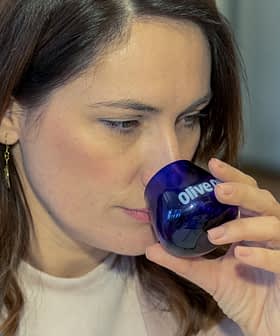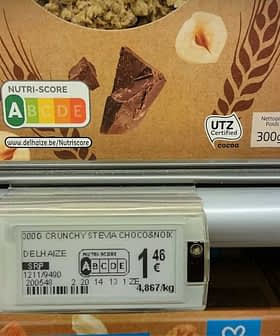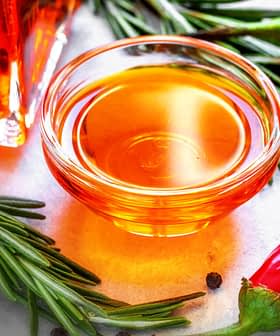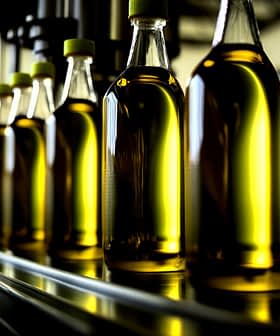Biden Administration Plans Overhaul of Nutrition Labeling
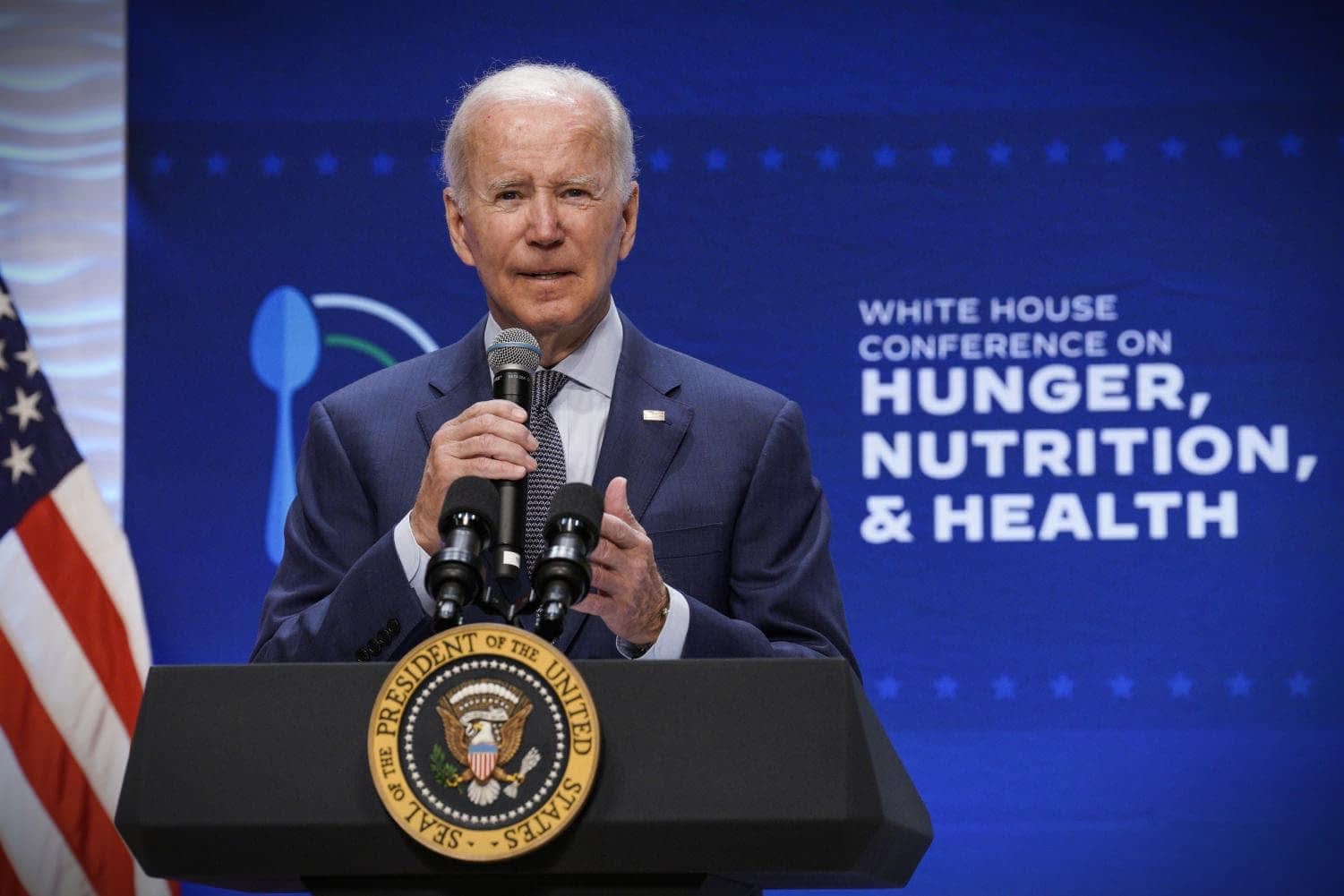
The White House’s new national hunger, nutrition, and health strategy aims to improve access to healthy food and food security in the United States through legislative and executive actions. President Biden’s administration will work with various stakeholders to promote physical activity, research food security and nutrition issues, and implement a new front-of-pack labeling system to increase consumer awareness and encourage healthy choices.
Access to healthy food and food security in the United States are the goals of the White House’s new national hunger, nutrition and health strategy.
President Joe Biden’s administration said it would push for a series of legislative and executive actions through cooperation with national and local institutions, the food industry, schools and other stakeholders.
These include improving food access and quality, promoting physical activity and researching food security and nutrition issues. A new approach to food labeling is also a crucial part of the initiative.
See Also:Health News“We are mobilizing the will to meet a bold goal: to end hunger in America and increase healthy eating and physical activity by 2030, so fewer Americans experience diet-related diseases,” Biden said during a speech introducing the new plan.
One of the pillars of the new strategy is increasing consumer awareness about the food they buy to promote healthy choices. To this end, current food labeling will be updated with the introduction of a front-of-pack labeling (FOPL) system.
According to the new plan, the FOPL would foster a healthier approach to food and prompt the industry to improve the health of its food.
The U.S. Food and Drug Administration (FDA) will develop the labeling system, instructing the industry on using the Dietary Guidelines Statements on food labels.
To this end, the FDA proposed a rule update for the “healthy” claim on food products which was introduced in 1994 and is now considered outdated.
The current regulation specifies limits on contents such as fat, sodium and cholesterol and sets minimum amounts of nutrients such as vitamins A and C, calcium, iron, protein and dietary fiber. Approximately 5 percent of all packaged food currently is labeled “healthy.”
The FDA said it would allow the use of the health claim for foods that help consumers follow a healthy dietary pattern according to current nutrition science. The agency cited olive oil as an example of a food that was previously excluded but now may receive the “healthy” claim.
See Also:U.S. Provides $1 Billion to Farmers to Fight Climate ChangeThe FDA wrote that the use of olive oil as a replacement for more common saturated fats “is supported by current nutrition science and emphasized by federal dietary guidance… as part of a healthy dietary pattern.”
Under the current regime, olive oil cannot bear the “healthy” claim because it does not contain 10 percent of the daily value of required nutrients.
“Thus, the existing ‘healthy’ claim has become inconsistent with the longstanding purpose of this type of implied claim to indicate that the nutrient levels in a food may help consumers maintain healthy dietary practices,” the FDA said.
The core of the new proposed framework uses a food group-based approach which, the FDA said, is “based on the understanding that each food group contributes an array of important nutrients to the diet.”
Therefore, the FDA added, the new healthy criteria would “emphasize healthy dietary patterns by requiring food products” to be labeled “healthy” when they “contain a certain amount of food from at least one of the food groups or subgroups recommended by the Dietary Guidelines, 2020 to 2025.”
Once enacted, the new regulation would limit added sugars, saturated fats and sodium. It would also include “certain recordkeeping requirements for foods bearing the claim where compliance cannot be verified through information on the product label.”
Comments on the new FDA proposed regulation update will be accepted until December 28, 2022.




